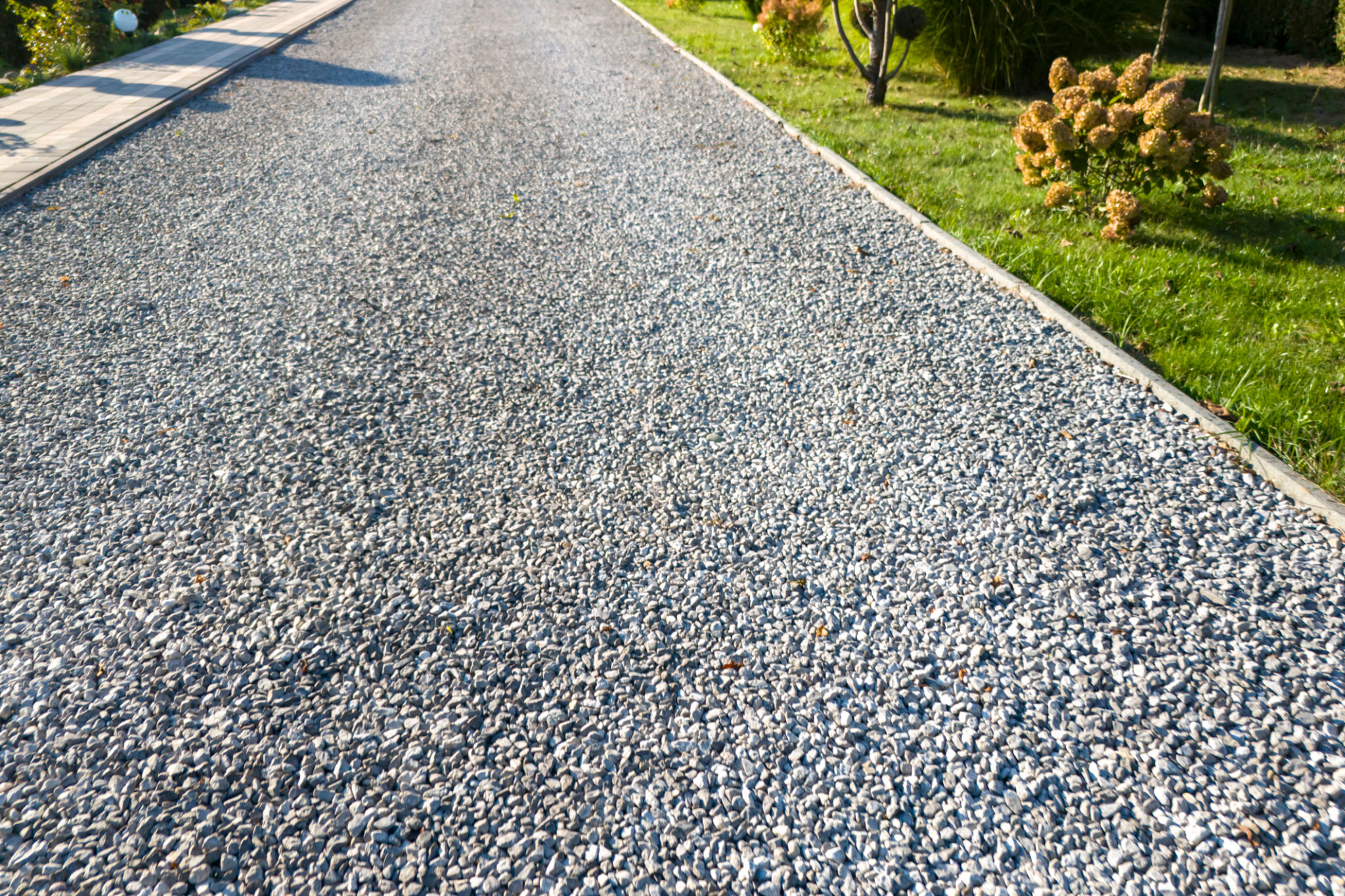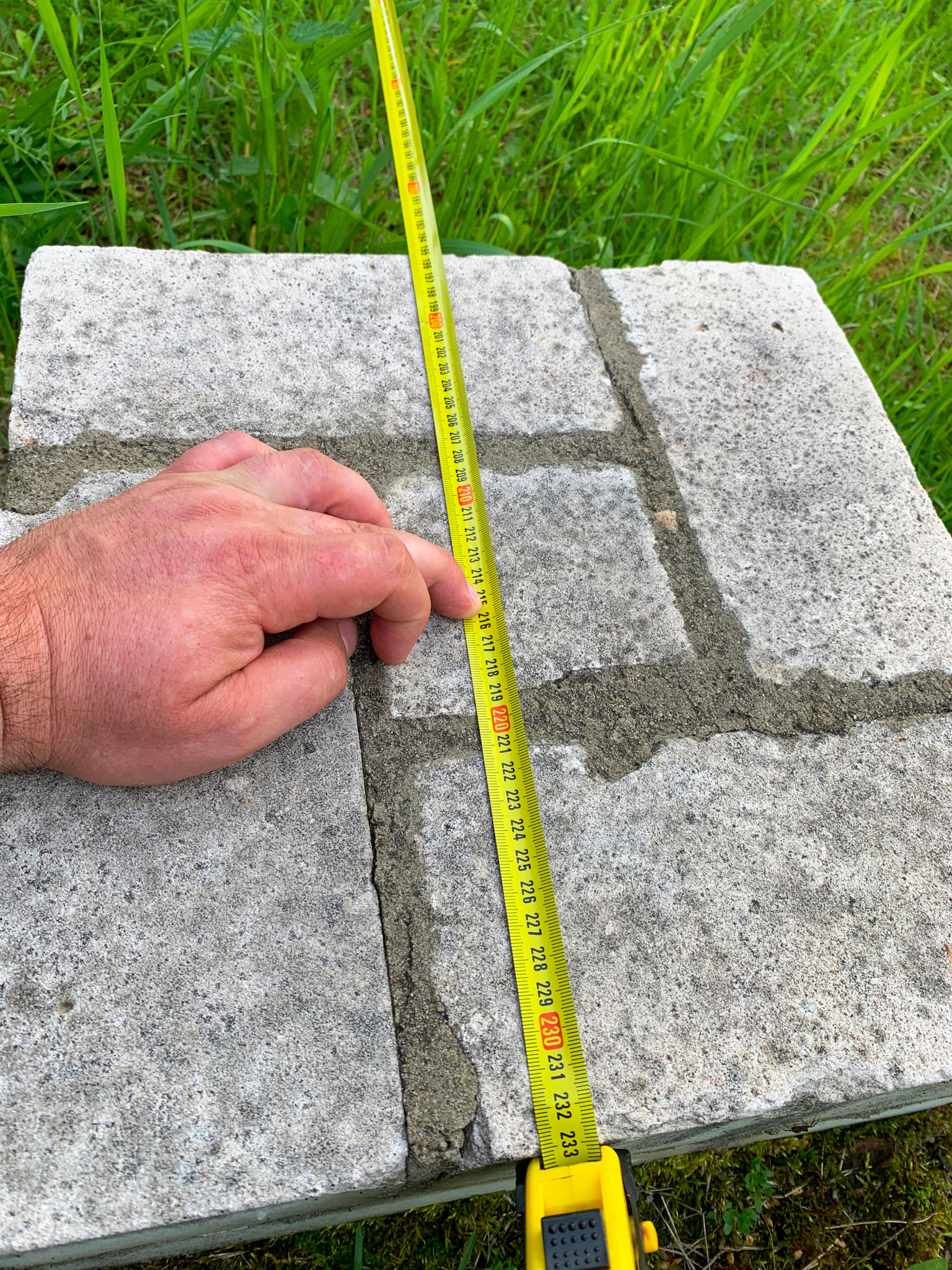Driveway Installation Options: Gravel vs. Concrete
Exploring Your Driveway Installation Options
When it comes to upgrading or installing a new driveway, homeowners often find themselves torn between different materials. Two of the most popular choices are gravel and concrete. Each option has its unique benefits and drawbacks, making the decision largely dependent on personal preference, budget, and the specific needs of your property.

Gravel Driveways: A Cost-Effective Solution
Gravel is a highly popular choice for those looking for an affordable and straightforward driveway solution. One of the main advantages of gravel driveways is their cost-effectiveness. Compared to concrete, gravel is significantly less expensive, which makes it an attractive option for budget-conscious homeowners.
Additionally, gravel driveways are relatively quick to install and require minimal preparation. This means you can enjoy your new driveway sooner rather than later. Moreover, gravel provides excellent drainage, reducing the risk of water pooling and potential flooding issues.

The Drawbacks of Gravel
Despite its advantages, gravel does have some downsides. One of the key challenges with gravel driveways is maintenance. Over time, gravel can shift and spread, requiring periodic raking and replenishment to maintain its appearance and functionality. This can be a time-consuming task for some homeowners.
Furthermore, gravel driveways can be prone to developing ruts and potholes, especially in areas with heavy traffic or adverse weather conditions. These issues may require additional maintenance efforts to ensure a smooth surface.
Concrete Driveways: Durability and Longevity
Concrete driveways are favored for their durability and long-lasting nature. When properly installed and maintained, a concrete driveway can last for decades, providing a robust surface that can withstand heavy traffic and harsh weather conditions.

One of the significant benefits of concrete is its low maintenance requirement. Unlike gravel, concrete does not require frequent upkeep or replenishment. Additionally, concrete driveways offer a sleek and modern appearance that can enhance the overall curb appeal of your home.
The Cons of Concrete
However, the initial cost of installing a concrete driveway can be higher compared to gravel. This upfront investment may not be feasible for everyone, especially those on a tight budget. Furthermore, concrete installation requires more time and expertise, which can result in additional labor costs.
Another consideration is the potential for cracks over time due to temperature fluctuations or ground movement. While these cracks can often be repaired, they may detract from the overall appearance of your driveway.

Making the Right Choice for Your Home
Ultimately, choosing between gravel and concrete for your driveway installation depends on your specific needs and priorities. If budget and quick installation are your primary concerns, gravel may be the ideal choice. However, if you're seeking a durable and low-maintenance solution with enhanced aesthetic appeal, concrete could be worth the investment.
Whichever option you choose, both gravel and concrete offer unique advantages that can complement your home's style and functionality. Consider consulting with a professional to assess your property's specific requirements and receive expert guidance on making the best choice for your driveway.
